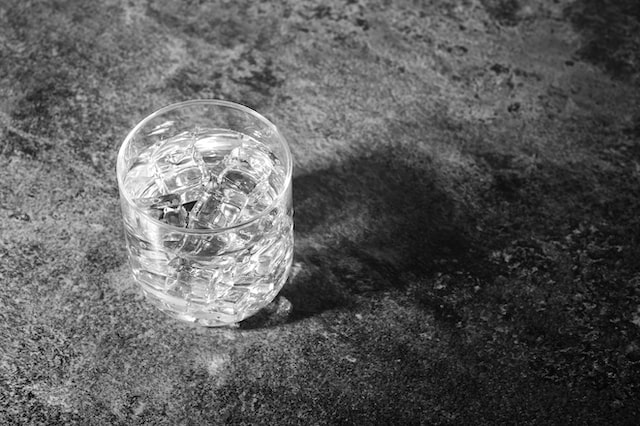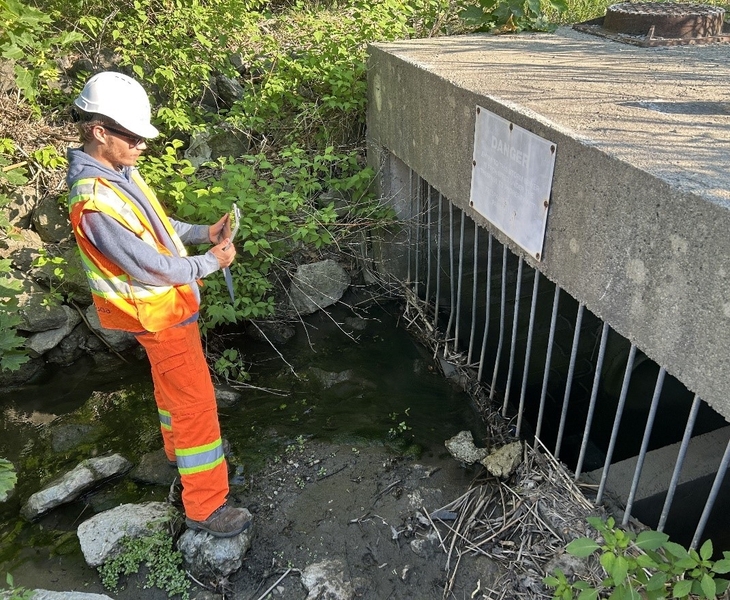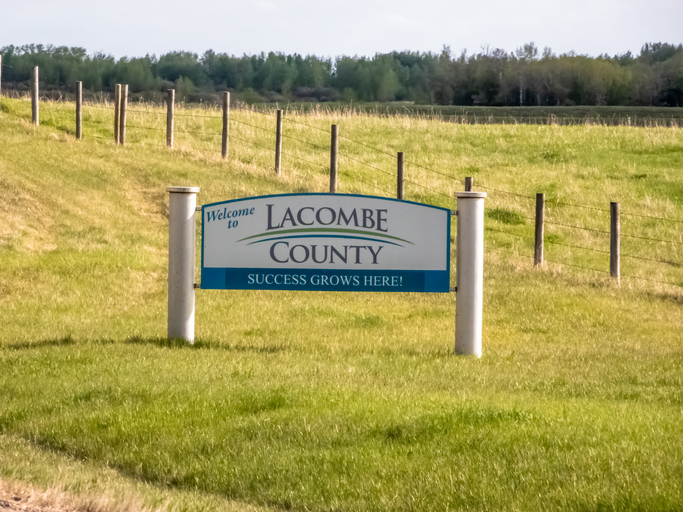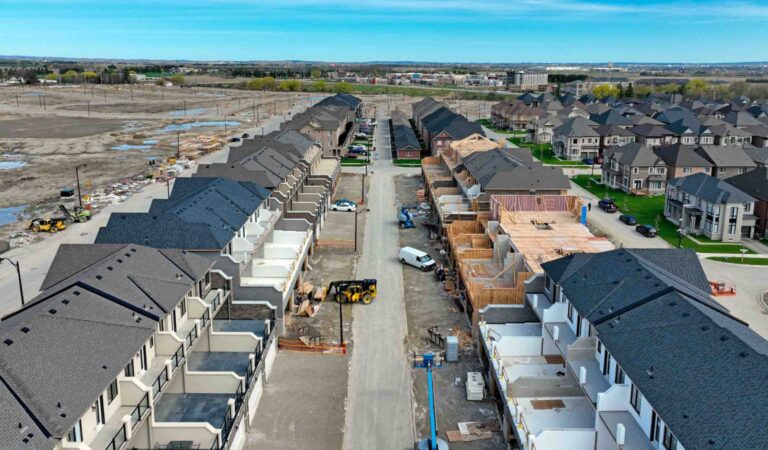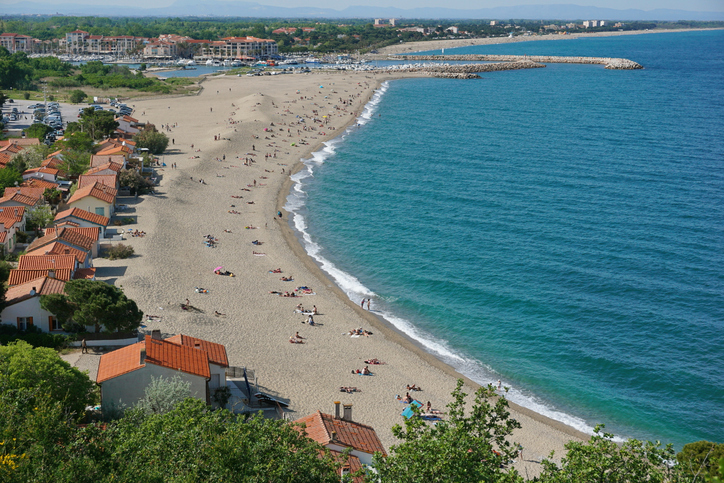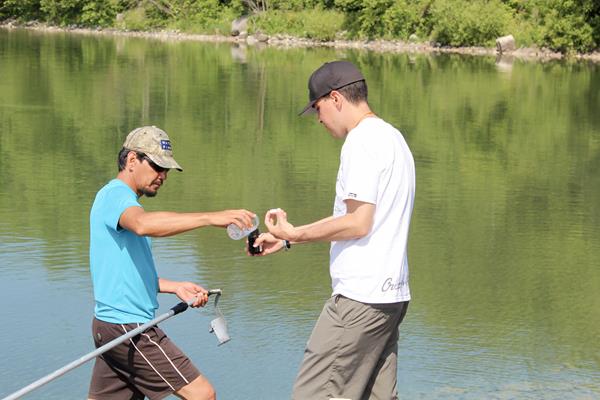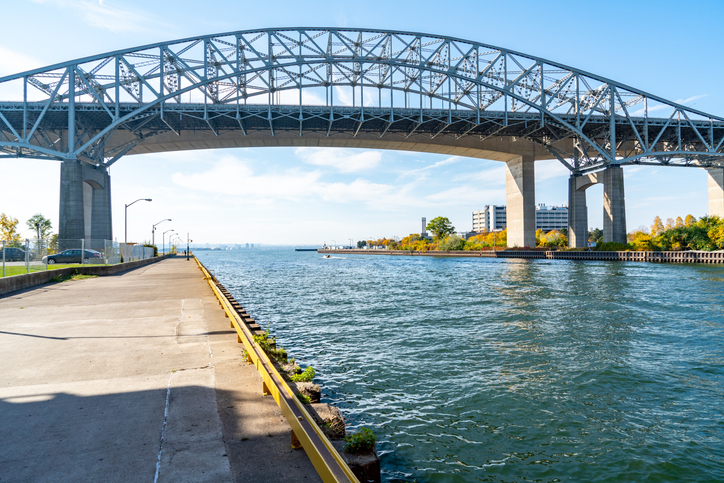Ottawa – Patty Hajdu, Minister of Indigenous Services, has announced that a consultation draft of a legislative proposal has been shared with First Nations rights holders, which also includes Modern Treaty and Self-Governing Nations, and First Nations organizations, to support the development of new proposed First Nations drinking water and wastewater legislation.
See also: The Atlantic First Nations Water Authority
Since summer 2022, Canada has met with more than 80 First Nations and First Nations organizations to share information, listen and work with First Nations partners to explore how to address their needs and priorities in new proposed drinking water and wastewater legislation.
Sharing this consultation draft represents an important milestone in engaging directly with First Nations rights holders and ensuring that federal laws are consistent with the United Nations Declaration on the Rights of Indigenous Peoples.
See also: OFNTSC looks to decolonize water governance
Canada is also engaging with provinces and territories on the need to protect source water, which was a key priority identified by First Nations.
Engagement is an ongoing process, and Canada looks forward to continuing to work with all First Nations and First Nations organizations on the development, implementation and introduction of a legislative proposal for First Nations drinking water and wastewater. More information on engagement efforts and timelines are available in the backgrounder.
First Nations and First Nations organizations interested in sharing their thoughts on the consultation draft can contact the engagement team at [email protected] or visit the engagement web page for more information. Engagement on the consultation draft is ongoing until March 19, 2023.
“We continue to work with First Nations on proposed new First Nations drinking water and wastewater legislation. A consultation draft has now been shared with rights holders, including Modern Treaty and Self-Governing Nations, and First Nations organizations, to ensure engagement continues, and to respect the principles of the United Nations Declaration on the Rights of Indigenous Peoples. I encourage those interested in this process to learn more about it online at Indigenous Services Canada’s website.” – The Honourable Patty Hajdu
Minister of Indigenous Services
Quick facts
- The Safe Drinking Water for First Nations Class Action Settlement Agreement committed Canada to making all reasonable efforts to develop and introduce proposed legislation, in consultation with First Nations, to replace the 2013 Safe Drinking Water for First Nations Act.
- The consultation draft of a legislative proposal includes anticipated application to First Nations on First Nations lands and to cover drinking water, wastewater, and related infrastructure.
- First Nations have continued to underscore the importance of recognizing their rights, providing sustainable funding for drinking and wastewater services, protecting source water, and maintaining ongoing engagement on water issues that affect First Nations. This is consistent with Canada-led engagement in 2017–2018, Assembly of First Nations-led engagement since 2018, and Canada-led engagement in spring 2022 on the repeal of the 2013 Safe Drinking Water for First Nations Act.
- The First Nations Drinking Water Settlement claim deadline for individuals and the acceptance deadline for First Nations have been extended by one year. First Nations and individuals affected by long-term drinking water advisories that lasted for at least one year between November 20, 1995, and June 20, 2021, now have until March 7, 2024, to submit their claim for compensation.
- Everyone in Canada should have access to safe, clean drinking water. The Government of Canada is working with First Nations communities to achieve clean drinking water on reserves. As of February 28, 2023, and since November 2015, 138 long-term drinking water advisories have been lifted in First Nations.

